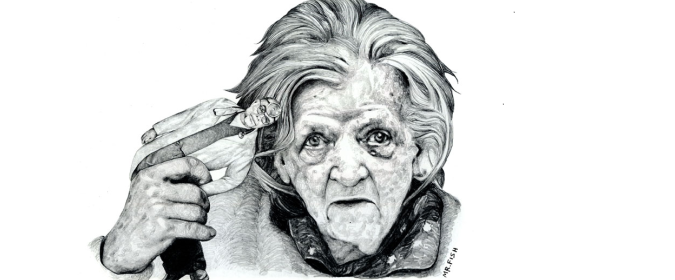Health
How Common Is Hidden Euthanasia?

SACRAMENTO, Calif., Sept. 23, 2013 /PRNewswire/ — This weekend’s remarks by Pope Francis that our “throwaway culture” marginalizes the young and old are worthy of reflection. His mention that this marginalization is evidenced by a “hidden euthanasia” of the elderly poor was not whispered – it was boldly proclaimed. For those involved in serious estate and trust litigation, his reference to covert euthanasia certainly resonates.
In hotly contested litigation it has not been unusual to hear stories of covert euthanasia. Our team at Hackard Law regularly litigates trust disputes, and while defending trusts and trustees as well as beneficiaries and excluded heirs, we have also come across such cases. Authorities have investigated several rumored cases, but many allegations lack the evidence to merit civil or criminal charges.
What can be done? The elements of a suspected euthanasia are elusive and difficult to prove. While a third party may have intervened to cause or hasten death, the decedent may have intentionally starved himself, refused medication or simply given up the spirit to live. Hospice care that assists the patient with the emotional and spiritual aspects of dying is the direct opposite of covert euthanasia – or the killing of the patient for financial gain.
Let’s consider the factors that might support a reasonable investigation into the circumstances of the suspicious death of an elderly person:
- Isolating the person from his or her relatives.
- Signs of neglect.
- Suspicious activities of a caretaker noted by medical personnel.
- Neglect by holder of Power of Attorney for Health Care to assess the patient’s need for care.
- Patient bank accounts “cleaned out” by the caretaker.
The presence of one or all of these factors does not substantiate the finding of euthanasia, but they do point to a reasonable basis for further inquiry.
Pope Francis’ words deserve contemplation. Trust litigators, family members and medical personnel must be mindful that our “throwaway culture” can create fertile ground for cruel rejection of the elderly. Our answer to such injustice lies in increased awareness and the willingness to fight it.
About Hackard Law, a Professional Law Corporation: Michael A. Hackard is the principal attorney of Hackard Law – a Northern California law firm focused on transactional and litigation matters. We represent families in trust, catastrophic personal injury and wrongful death litigation.
http://www.avvo.com/attorneys/95655-ca-michael-hackard-226264.html
http://www.hackardlaw.com
SOURCE Hackard Law

















































